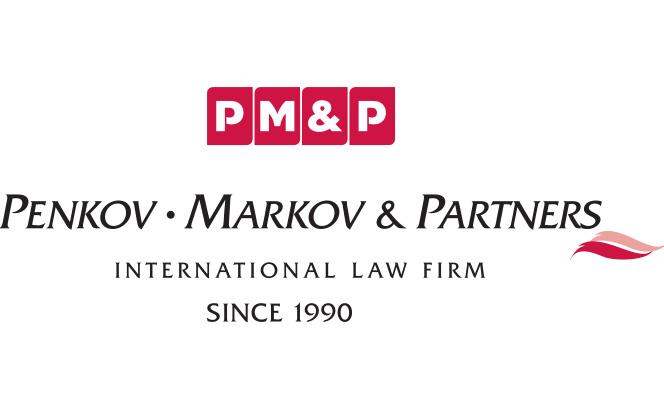
Penkov, Markov & Partners’ Nikolay Cvetanov and Dimo Katrandzhiev on the GDPR risks facing employees checking the references of potential new employees
Although the GDPR has been in effect for a while now, organisations (especially applicable to small and medium-sized businesses) continue to face challenges with the alignment of all processes and activities involving processing personal data. Particular areas where our legal practice has identified compliance issues, given various customer enquiries, represent marketing and staff recruitment activities.









